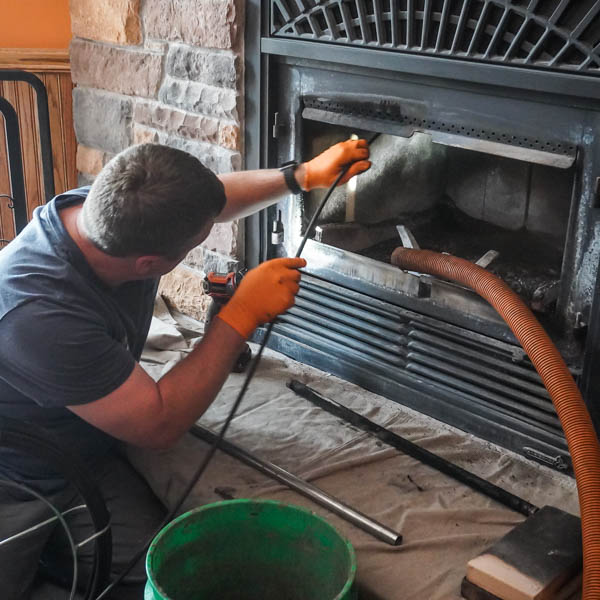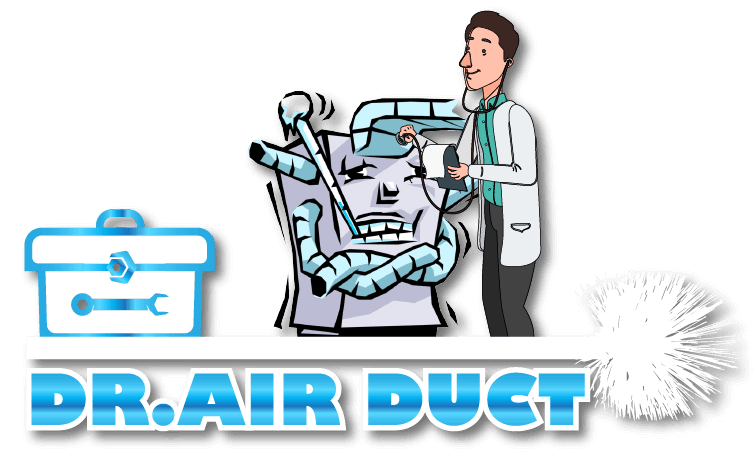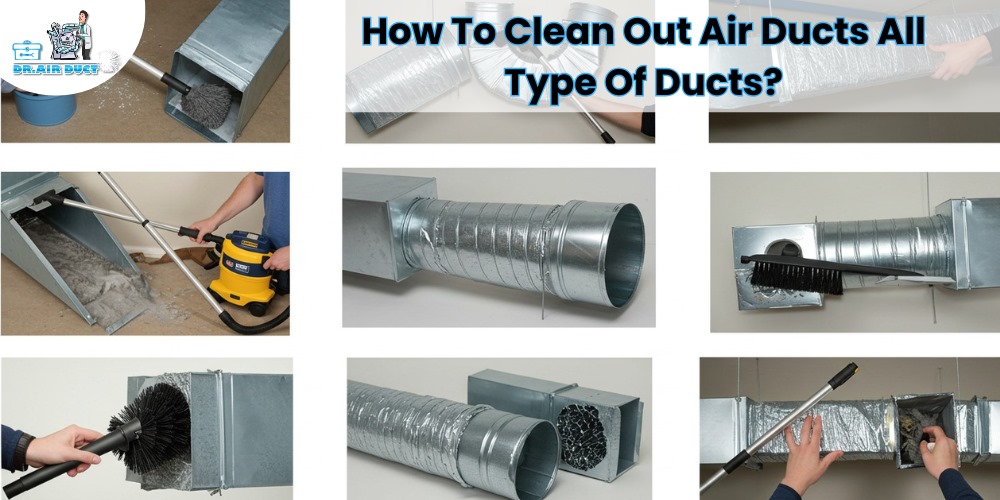If you have ever wondered, “how often should chimneys be cleaned?” you are not alone. It is a question every fireplace and wood stove owner should ask, and the answer is more important than you might think. Let’s uncover the secrets to keeping your chimney safe, efficient, and ready for action.
How Often Should A Chimney Be Inspected?

Before we get into cleaning, let’s talk about inspections. Think of a chimney inspection as a yearly physical for your fireplace or wood stove. The National Fire Protection Association (NFPA) recommends inspecting your chimney at least once a year, no matter how often you use it. Why? Because even if you only light a few fires a year, creosote which is a sticky, flammable substance can still build up when wood burns.
How often should you get a chimney sweep?

Inspections are your first line of defense against other issues, like blockages from animal nests, crumbling mortar, or cracks in the flue. A professional chimney sweep can spot these problems early and recommend the cleaning or repairing.
How Often Should I Have My Chimney Cleaned?
Now, let’s tackle the big question: how often should you clean your chimney? The answer depends on how much you use your fireplace or wood stove.
If you enjoy the occasional fire like maybe a few times during the holidays or particularly chilly nights, you might only need cleaning once a year. But if you rely on your fireplace or wood stove as a primary heat source, you will need to clean it more often. For heavy users, how often should a wood burning chimney be cleaned? Experts recommend cleaning it every 50 to 70 fires or at least twice a year.
And here is something to remember: even if you don’t use your chimney often, it can still collect debris, soot, or even critters looking for a warm home. That is why annual inspections are necessary which help you avoid potential problems.
How Often Should I Have My Chimney Swept?
Chimney sweeping is the process of removing soot, creosote, and debris from your chimney. So, how often do you need to clean your chimney through sweeping? For most people, once a year is enough. But if you are using your fireplace or wood stove heavily, you might need to sweep it more often.
Pay attention to warning signs, too! If you notice a smoky smell, reduced airflow, or visible soot buildup, don’t wait long, schedule a sweep right away. Creosote is highly flammable; even a small buildup can lead to a dangerous chimney fire.
How Often To Clean Wood Stove Chimney?

Wood stoves are different from traditional fireplaces. They burn hotter and more efficiently, but they also produce more creosote. So, how often should a wood stove chimney be cleaned? If you are using your wood stove regularly, plan to clean it every two to three months during the winter season.
Why Regular Chimney Cleaning Is Important?

Let’s take a moment to talk about how often should you clean the chimney and why this matters. A clean chimney isn’t just about burning your fires brightly but about keeping your home and family safe. Creosote buildup is the leading cause of chimney fires; even a small fire can quickly spread to the rest of your home.
Regular cleaning also improves airflow, so your fires burn more efficiently and produce less smoke. Moreover, it prevents carbon monoxide (a colorless, odorless gas) from backing into your home. In short, chimney cleaning is an integral part of home maintenance.
When Is The Best Time To Clean My Chimney?

Timing is everything when it comes to chimney maintenance. When should you clean your chimney? The best time is late summer or early fall before the winter season begins, so your chimney is in top shape when you need it most.
But if you have used your fireplace or wood stove all winter, don’t wait until next fall. Schedule a cleaning in the spring to remove any buildup and prevent corrosion during the off-season.
So, how often do you need to clean a chimney? The answer depends on how frequently you use it, but annual inspections and cleanings are a must for every homeowner.
Chimney Cleaning Expert In Dallas – Dr. Air Duct
If you are in the Dallas area and wondering how often should you get your chimney cleaned, Dr. Air Duct is here to help. With years of experience and a commitment to safety, they are the go-to experts for chimney inspections, cleanings, and repairs; their team will ensure your chimney is clean, safe, and ready to go.
Visit Dr. Air Duct’s website to schedule an appointment or learn more about their services.
Do not wait for a problem to arise, be proactive. After all, a little maintenance today can prevent a big headache tomorrow. So, grab your calendar, schedule that inspection, and keep the magic of your fireplace alive for years to come.
FAQs
1. How often should I have my chimney cleaned?
If you use your fireplace or wood stove occasionally, annual cleaning is sufficient. For regular use, cleaning is recommended every 50 to 70 fires or at least twice a year.
2. Why is chimney cleaning important?
Chimney cleaning removes dangerous creosote buildup, improves airflow, and prevents carbon monoxide buildup. It also reduces the risk of chimney fires and ensures safe, efficient use of your fireplace.
3. How often should I inspect my chimney?
A chimney inspection should be done at least once a year, regardless of usage, to identify potential issues like blockages, cracks, or creosote buildup that can affect your chimney’s function.
4. When is the best time to clean my chimney?
The ideal time to clean your chimney is late summer or early fall, before the winter season starts. This ensures your chimney is ready for use and free of debris or buildup.
5. How often should a wood stove chimney be cleaned?
For frequent wood stove use, cleaning should be done every two to three months during the winter season. Wood stoves burn hotter, causing more creosote to accumulate than traditional fireplaces.






